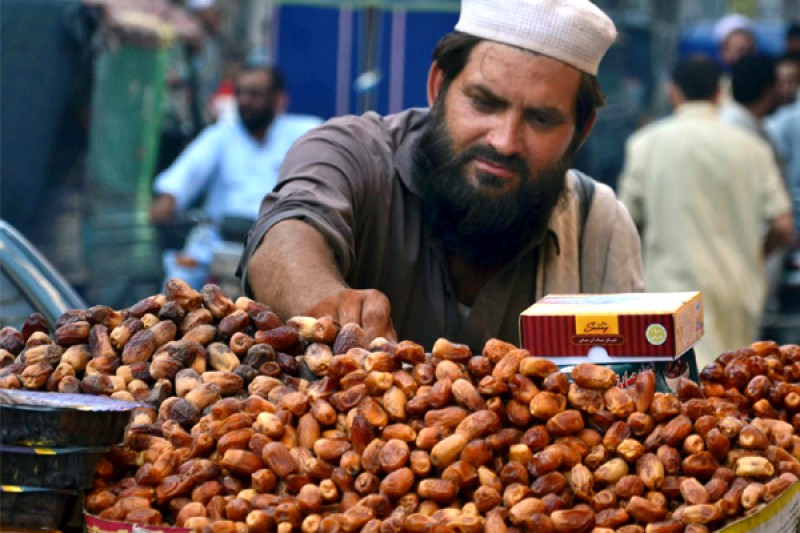The Holy Islamic month of Ramadan or Ramzan will begin from May 6, 2019, in the Middle East and in the United Kingdom while the Indian Muslims will observe it from Tuesday, May 7. The celebration of Eid al-Fitr officially marks the end of fasting and the period.
Muslims around the world will observe fasting also known as Roza for 29 -30 days depending upon the sighting of moon for Eid-ul-Fitr.
Between sunrise and sunset every day, Muslims must abstain from eating, drinking, smoking and sexual activity. The fourth pillar of Islam is known as Sawm, which requires all Muslims to fast as a requirement during Ramadan. The pre-dawn meal is called Suhoor while the post-sunset meal is known as Iftar.
Religious Belief behind breaking fast with Dates (Khajur):
Breaking Ramadan fast with dates is a popular Islamic Tradition. The tradition, according to The Spruce Eat, is rooted in the Prophet Muhammad’s teachings, who said: “When one of you is fasting, he should break his fast with dates; but if he cannot get any, then (he should break his fast) with water, for water is purifying.”
Health benefits of eating Dates (Khajur):
- Apart from the traditional aspect, dates are quite effective in restoring energy after a day-long fasting.
- Dates contain glucose, fructose and sucrose as well as fibre, potassium and vitamin A.
- Another big bonus of dates is that they do not spike your blood sugar level and are free from cholesterol.
- Dates are rich in protein and they help one stay fit. Also, the iron contained in them can promote healthy teeth and be beneficial for people who suffer from iron deficiency.
- Dates are easily digested and do not upset the stomach of the person who is fasting.
- Dates prevent constipation as there is a change in eating pattern in Ramzan.
- Eating dates after a long day of fasting can help the body’s blood glucose levels quickly return to normal.
Dates are considered as a blessed fruit and are especially consumed during the Holy Month of Ramadan. One of the most common reasons for headaches or dizziness during Ramadan is low blood sugar, which is why eating dates is very beneficial at the start of Iftar.


















